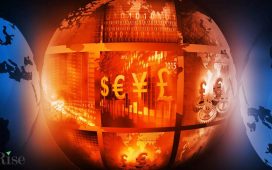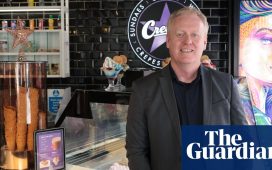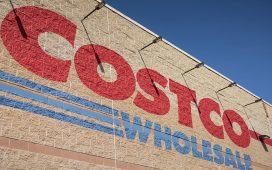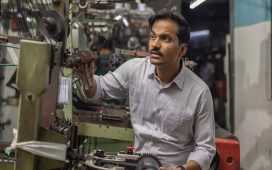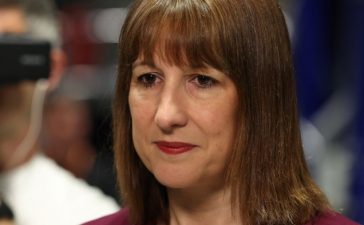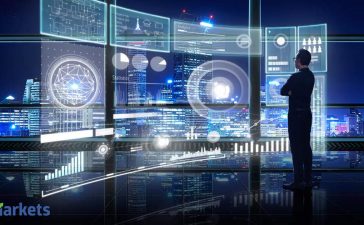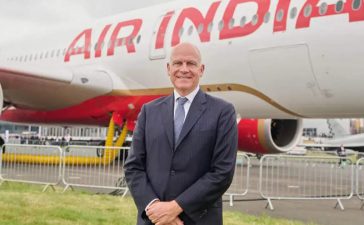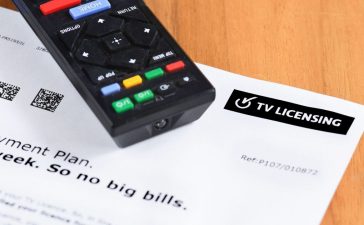It serves as a primary manufacturing facility for Unilever in the region, exemplifying innovation, sustainability and digital transformation. In January 2020, the World Economic Forum called it an “Advanced 4th Industrial Revolution Lighthouse”. The DPC which produces popular brands like Dove, Lifebuoy and Vaseline is the first non-energy manufacturing site in the Middle East and North Africa to join this network.
The recognition also places the facility within the “Global Lighthouse Network”, a platform that celebrates manufacturing sites making significant strides in digital industrial technologies and advanced manufacturing methods.
Factory Officials tell ET Online that the DPC factory emerged as a leader among over 1,000 production sites that were evaluated. They add this achievement underscores Unilever’s commitment to global digital transformation across its supply chain.Catering to a growing market
Over the last few decades, the UAE’s beauty and personal care industry has shown significant growth trends and developments despite challenges such as global economic turbulence and inflation. According to UnivDatos Market Insights, the Middle East beauty and personal care market was valued at $11.6 billion in 2022 and is expected to grow at a CAGR of 7.2% from 2023 to 2030.“The Dubai Personal Care factory exports to about 30+ markets worldwide, primarily in the MENA region,” says Mahmoud Abdel Naby, Head of the Supply Chain for Beauty & Well-being, Unilever Middle East and Turkey.At the moment, the Unilever DPC factory does not export to India. “We do not export to India given Hindustan Unilever’s large manufacturing base [in that country],” says Mahmoud, who joined Unilever in 2005 and has since worked across a variety of roles within the supply chain covering multiple geographies.
He joined Unilever in the GCC in 2015 to lead a team working on the design, building and transitioning of the supply network for the beauty and personal care divisions into an AED 1 billion investment to create the Unilever DPC factory and its ecosystem in the UAE. Under his leadership, Unilever in the UAE became the first company to achieve 100% green electrification in 2019.
 ET Online
ET OnlineBrands like Dove, Lifebuoy, and Vaseline are produced at this Unilever ‘s Dubai factory.
“Unilever’s Dubai Personal Care Factory was designed with the ambition to be a state-of-the-art, future-fit factory that would set benchmarks for sustainability practices and implementing 4th IR (industrial revolution) technologies. Hence, the digital transformation and sustainability agenda was imbued into the design and operational philosophy right from the start. We utilised a highly entrepreneurial approach to experiment and rapidly deploy modern technology. Dubai played a vital role in shaping this success by providing the necessary ecosystem which allowed us to bring in the technology and talent to make this factory a globally renowned ‘Advanced 4th Industrial Revolution Lighthouse’,” says Mahmoud.

Mahmoud Abdel Naby has played a key role in the factory’s digital and sustainable journey since 2005.
Spearheading innovation
Through internal and external collaboration, the team co-created disruptive, in-house solutions focusing on cost, productivity and responsiveness, leveraging cloud-based analytics and an integrated data lake to enhance operational efficiency, says Mahmoud.
The company employs a range of innovative manufacturing practices that highlight its commitment to sustainability, efficiency, and technological integration.
Collaborative robots (Cobots) are an integral part of the DPC factory’s assembly lines, working in collaboration with human workers to improve efficiency and maintain high safety. These robots are designed to assist in repetitive or physically demanding tasks, such as packaging and material handling. This not only speeds up the production process but also reduces the risk of injury and improves job quality for human workers.
Digital twins — virtual replicas of physical devices — enable the DPC factory to simulate and analyse its operations. Mehmood adds this technology helps optimise the production process and predict potential breakdowns, minimising downtime and extending the lifespan of equipment.
Sustainable energy management is another key differentiator at the factory. The company’s commitment to reducing carbon footprints is evident in its extensive use of solar panels and other renewable energy sources. Additionally, the integration of advanced energy management systems helps to monitor and optimise energy use, drastically cutting down on waste and reducing operational costs.
 ET Online
ET OnlineThe factory operates on 100% green electricity, incorporating solar power and advanced energy management.
The factory also implements techniques to reduce waste and achieve zero-waste-to-landfill objectives. This includes recycling initiatives, efficient resource management and waste-to-energy technologies where waste products are converted into usable energy. Such practices not only help in reducing the environmental impact but also align with its global sustainability goals. The company says IoT control devices and AI tools help it identify production changes on the factory floor and address sources of waste heat.
Vivek Nesarikar, Unilever’s Global Engineering Manager for heating technologies, says thermal energy use accounts for most of the company’s carbon footprints across its operations. The Dubai facility has been spearheading a novel heat pump technology to make a difference. “Heat pumps allow us to capture cooler (low-grade), waste heat in our factories and use compression to convert it into hotter (high-grade) heat that we can then reuse in our manufacturing. For one unit of electricity consumption, we can get three to four units of useful heat. We have undertaken a trial to integrate heat pump technology with an existing solar thermal system in one of our personal care factories in Dubai to provide an energy boost during the night when there is no sun. It resulted in a further 16% reduction in gas consumption.”
Such practices are typical of facilities recognised globally as beacons in the Fourth Industrial Revolution (4IR), featuring a blend of innovation, efficiency, and sustainable development.
The author recently visited Dubai at the invitation of the Department of Economy and Tourism, Dubai.

